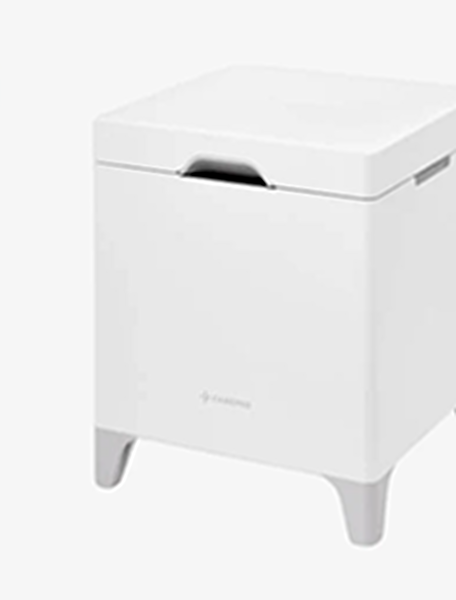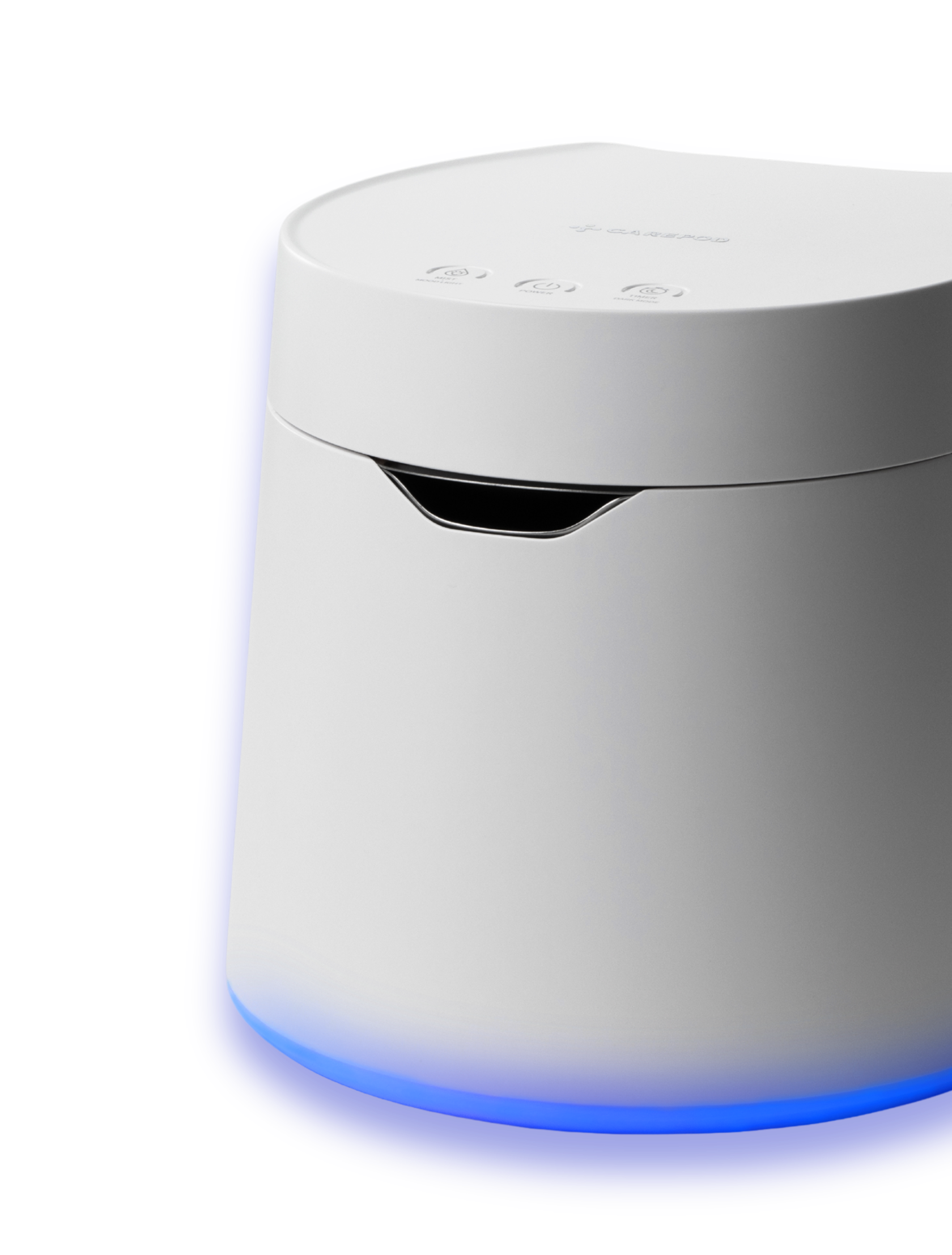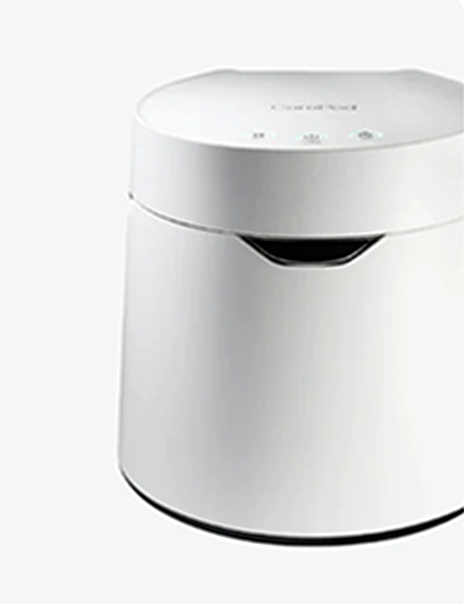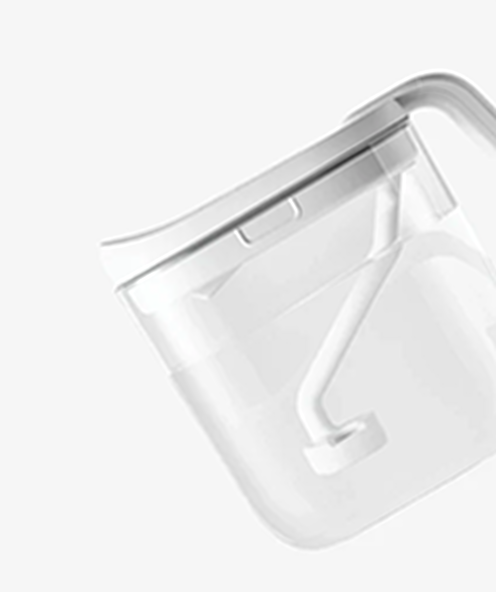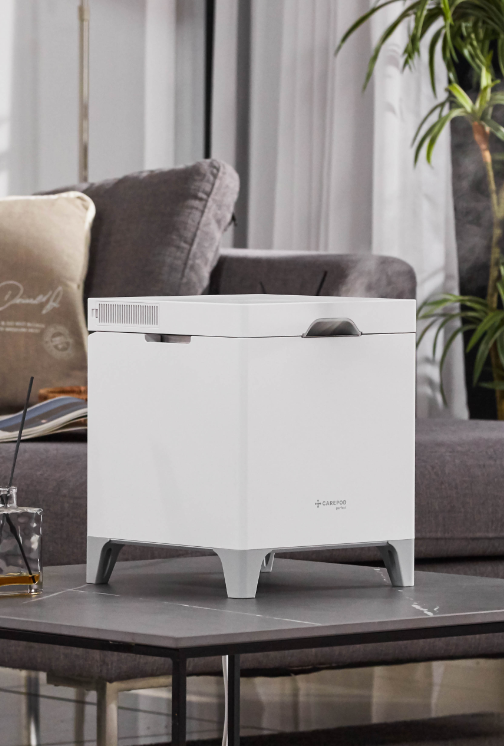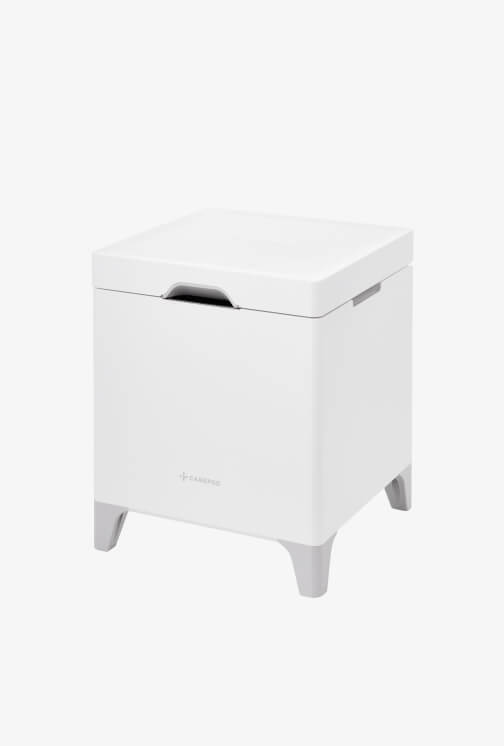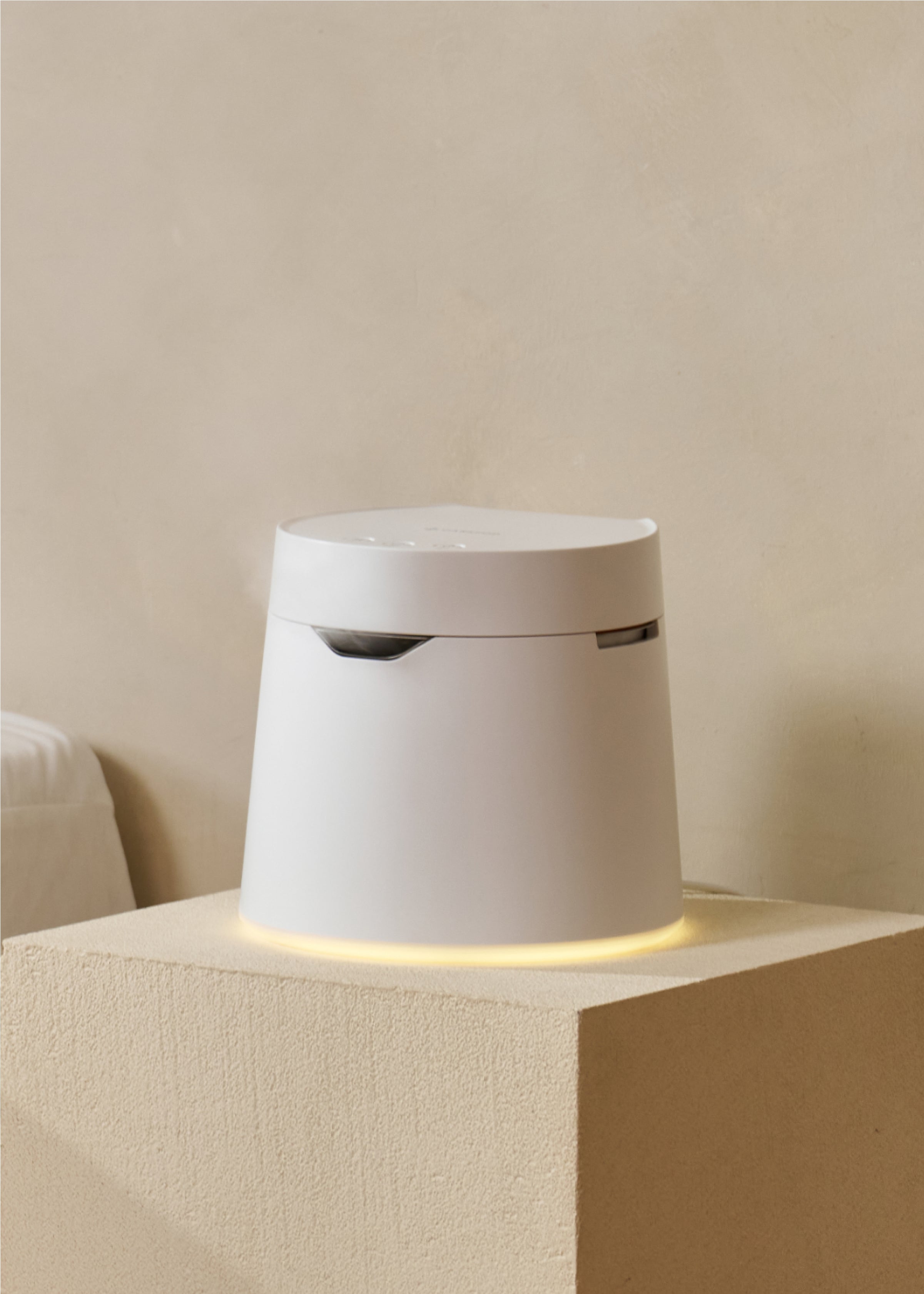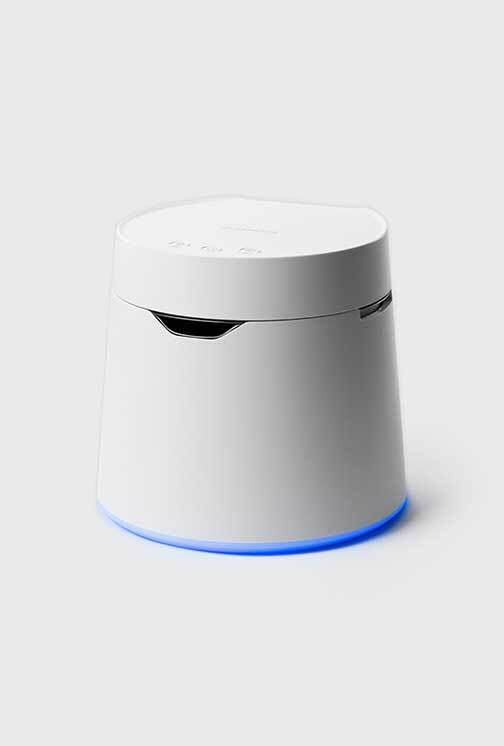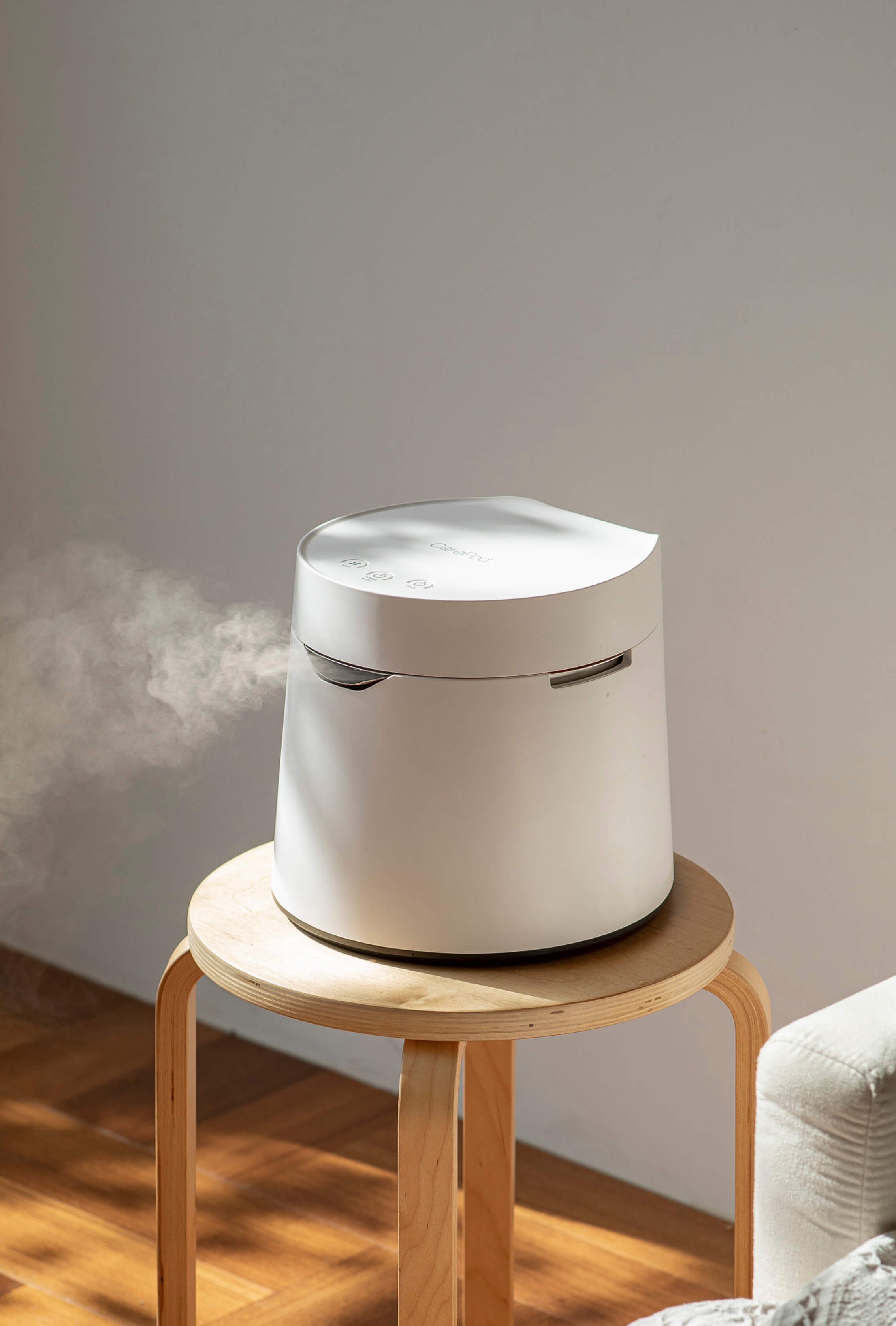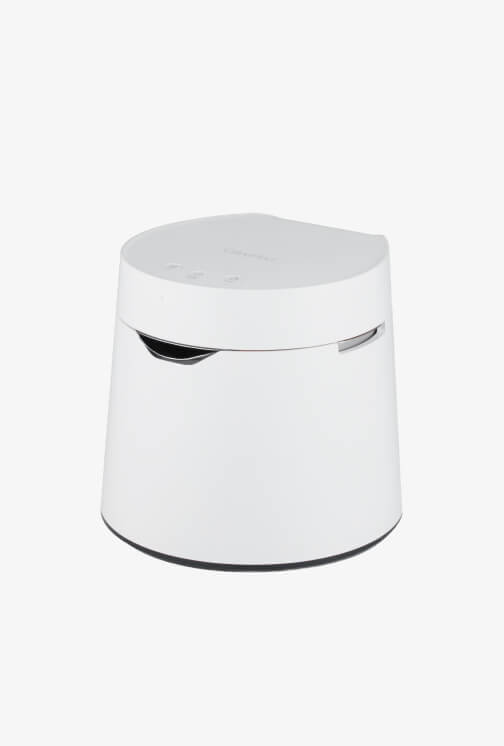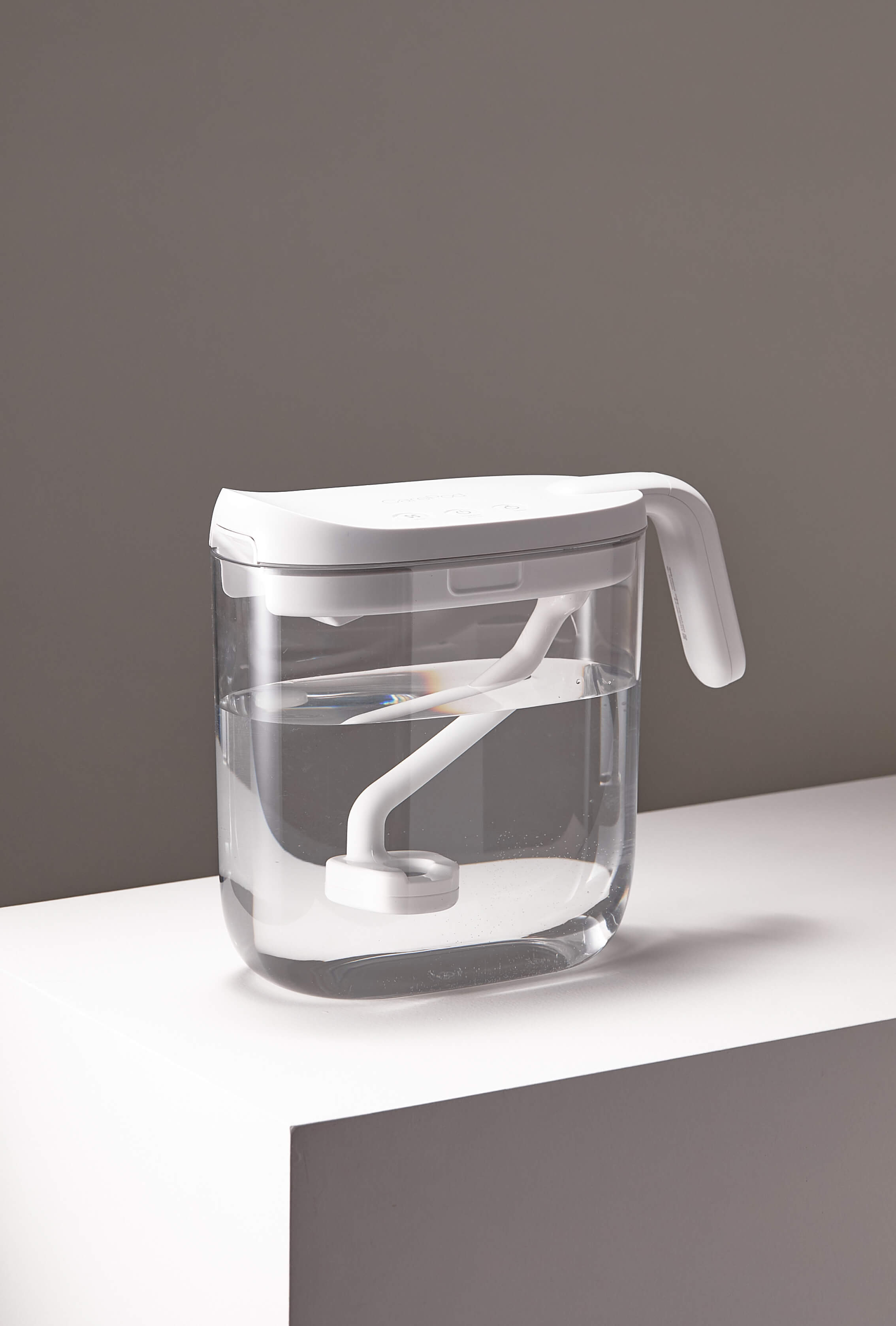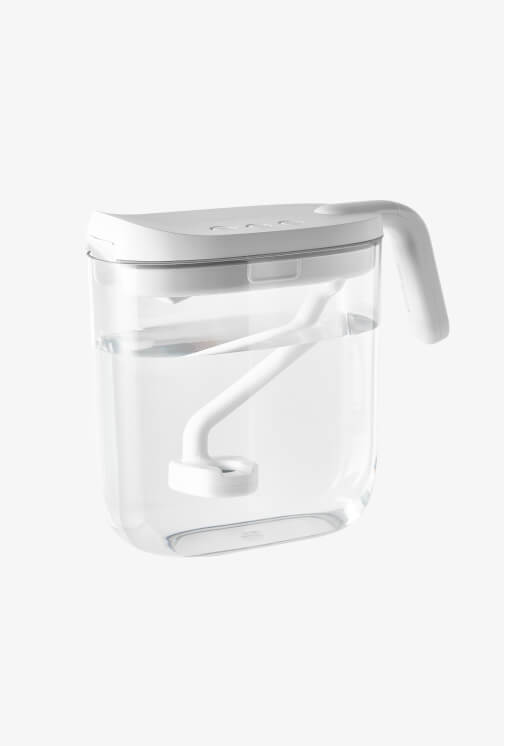Can Humidifiers Help with Asthma?

Asthma is a chronic condition affecting millions of people, with women often experiencing symptoms more severely due to hormonal and environmental factors.
Managing asthma can feel overwhelming, especially when dry air exacerbates breathing issues. While no device can eliminate asthma, a humidifier can become an invaluable ally in symptom relief. Let’s explore how:
1. Hydrates Cold, Dry Air
Cold, dry air is a well-known trigger for asthma symptoms, causing coughing, wheezing, and difficulty breathing.
When dry air enters the respiratory system, it irritates the lining of the airways and can lead to muscle spasms as the body struggles to keep airways open.
Experts note that these conditions can inflame already sensitive bronchial tubes, making it even harder for those with asthma to breathe comfortably.
For individuals with asthma, especially during winter or in windy conditions, humidifiers are an effective tool for maintaining comfortable breathing environments indoors.
A humidifier helps by adding moisture to the air, reducing dryness that exacerbates asthma symptoms. This added humidity soothes irritated airways, helping prevent the spasms caused by cold air and providing relief.

2. Reduces Allergen Impact
Allergens like dust mites, pollen, and pet dander are common asthma triggers.
Using a humidifier to maintain indoor humidity levels within the ideal range of 30–50% can help minimize the spread of these irritants. Moist air soothes dry airways, making it harder for allergens to circulate and aggravate symptoms, which provides relief for those with allergy-induced asthma.
However, striking the right balance is crucial. Humidity levels above 50% can encourage the growth of dust mites, mold, and mildew—powerful asthma and allergy triggers.
By keeping humidity in the optimal range, you can create an environment that reduces allergen impact without inviting new problems.
3. Prevents Airway Dryness
Dry breathing passages can trigger asthma symptoms by increasing inflammation and restricting airflow.
When the lining of the airways loses moisture, it becomes irritated, leading to swelling and narrowing of the bronchial tubes. Studies show that dryness also thickens mucus, further blocking the airways and making breathing more difficult.
A humidifier combats this by adding moisture to the air, which reduces airway dryness and inflammation. The added humidity soothes the irritated lining of the bronchial tubes, helping to relax and open them. This makes breathing easier and can reduce the severity of asthma flare-ups.

4. Supports Nighttime Comfort
Asthma symptoms often worsen at night due to changes in body position, cooler nighttime temperatures, and the natural drop in cortisol levels that help regulate inflammation.
Unlike during the day, when an inhaler can be used immediately to address symptoms, nighttime poses a unique challenge because you’re not conscious to manage sudden flare-ups.
However, a humidifier provides passive relief by maintaining optimal moisture levels throughout the night. This consistent humidity reduces irritation, offering a soothing environment for asthma sufferers.
5. Pairs with Other Treatments
Humidifiers complement asthma medications by creating a supportive environment that enhances their effectiveness.
While medications target inflammation and airway constriction, humidifiers maintain optimal humidity levels, reducing dryness that can aggravate symptoms. This balance helps soothe irritated airways, amplifying the benefits of prescribed treatments.
By alleviating environmental triggers like dry air, humidifiers allow medications to focus on treating the root causes of asthma flare-ups rather than fighting external irritants. Together, they provide a more holistic approach to managing asthma, especially during dry or cold seasons.

6. Getting the Most Out of Your Humidifier
-
Keep It Clean: A humidifier can release mold and bacteria if not maintained properly. Regular cleaning with distilled water, or opting for an easy-to-clean model, helps ensure safe and effective use.
-
Monitor Humidity Levels: Too much moisture can encourage mold growth. A hygrometer can help you maintain a balanced humidity level of 30-50%.
-
Choose the Right Type: Cool-mist humidifiers are often recommended for asthma as they safely add moisture without introducing excessive heat. However, a warm-mist humidifier or dual-mist humidifier (best of both worlds!) may be more beneficial to those sensitive to temperature changes.

Conclusion
While humidifiers aren’t a cure-all for asthma, they are a powerful tool in symptom management.
For those juggling work, family, and personal health, these devices offer much-needed comfort and support. By enhancing air quality and maintaining optimal moisture levels, they can ease discomfort and promote better respiratory health.
A high-quality humidifier isn’t just helpful—it’s essential for navigating the challenges of asthma.
